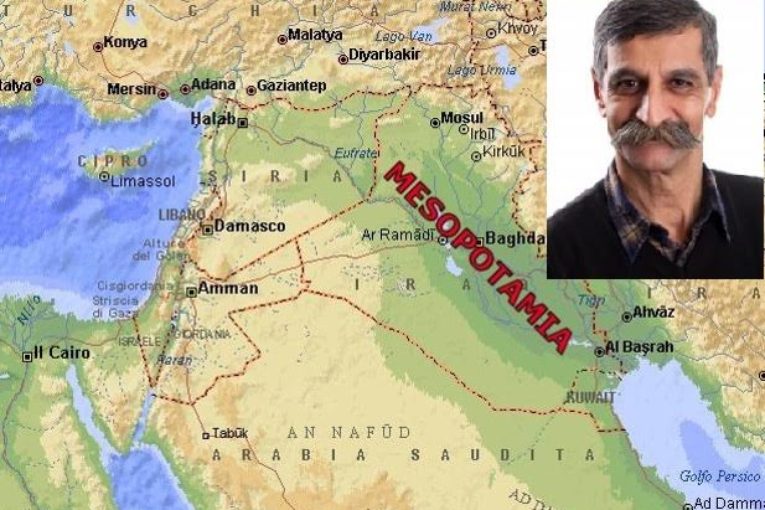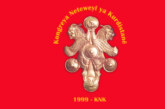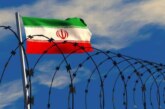
Sectarianism in Old Mesopotamia, a historical companion.
The situation in Old Mesopotamia is changing rapidly. It is a region containing most of humanity’s cultural heritage reaching to the matriarchal era. Matriarchies did not disappear overnight, it took indeed a long time. It began with the worshiping of fire, the Zoroastrian religion, and ended with Islam and many other ideologies between these two religion and after that. All of these ideologies have a single mission: to eliminate matriarchies everywhere. New strategies and methods were used with a purpose of eliminating matriarchies, strategies and methods which caused terrible and bloody wars. Every new ideology tried to obtain own legitimacy. One group of people suffered the most from these inevitable self-righteous attempts of legitimacy.
According to history, several kinds of people settled in Old Mesopotamia, large and small groups alike. One does not read much of the smaller groups in history books, save for the Old Testament for example. The smaller groups inhabiting Old Mesopotamia were most likely outcompeted and ceased therefore to exist. The larger groups of people are however well known, the descendants of today’s Armenians, Assyrians, Copts and Kurds. These groups suffered the most by the new growing ideologies.
At the time, the majority of Copts, Armenians, and Assyrians disappeared because of barbarism from different corners of the world which brought about an ancient holocaust of some kind. These groups were at the brink of extinction, luckily, through a series of different factors, a small amount of these groups managed to survive. Even today some of these groups are still located in their regions of origin.
Perhaps the Kurds lived under different circumstances that can be discussed at another time, circumstances that led to a successful attempt of escaping the barbaric conquerors. But the escape came at a heavy price, the Kurds became divided and isolated in smaller groups. Cut from the outside world with only two bitter and deeply rooted experiences. Firstly, every new authority sought to eliminate them, and secondly, one can therefore only trust one’s own people in that confined area. These two experiences haunt the Kurds yet today and will probably continue to do so for a while. These experiences have achieved a sectarian character over the time.
The effect of these experiences were observed when Alexander the Great led his great armies against The Persian Empire. It was also observed when Iranian kings sought to conquer neighbouring lands. Finally, in old times, the effects of these experiences were observed when the Sunni caliphate in The Ottoman Empire waged war against the Shia Safavid Dynasty in Iran ca 500 years ago. The peculiar thing is that we see the effects of these two ill meaning experiences yet today, even long after what was initiated with the worshiping of fire. Kurds cannot unite behind a common cause, even when it concerns their existence, because of the fact that they do not trust anyone other than those from the same isolated area.
How the Kurdish people as a nation will make a statement concerning this matter is a question in need of time. Time that can affect their fight for liberty and democracy, in both favourable and unfavourable ways. Ways made possible by the current political condition and balance of power in The Middle East. Both of which are elements of dynamic nature.
The future does not necessarily need to be as gloomy as this article. The Kurds need to find a way out from this wretched life. An elite, new thinking, intellect needs to emerge from society. A new way of thinking that should at the least advocate new ways out of this everlasting misery.
Jamal Aliyali 2016-11-01



